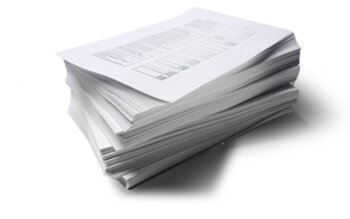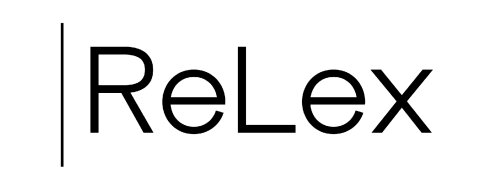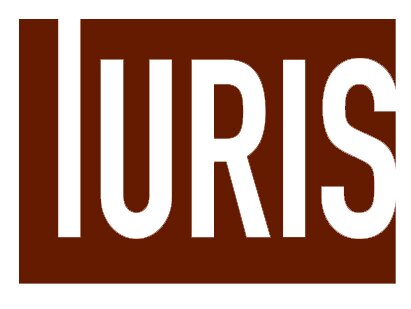Best Natural Resources Lawyers in Republic of Lithuania
Share your needs with us, get contacted by law firms.
Free. Takes 2 min.
Or refine your search by selecting a city:
List of the best lawyers in Republic of Lithuania
About Natural Resources Law in Republic of Lithuania
The Republic of Lithuania, endowed with a diverse array of natural resources, primarily focuses its legal frameworks on managing resources such as forests, water bodies, minerals, and agricultural land. Given Lithuania's rich biodiversity and commitment to sustainable development, the legal landscape governing these resources is intricate and comprehensive. The legislation is designed to balance the economic benefits of utilizing these resources with the imperative of conserving them for future generations.
Why You May Need a Lawyer
Individuals and businesses may find themselves requiring legal assistance in the realm of natural resources for several reasons. For example, navigating the regulatory requirements for natural resource exploration or exploitation can be complex. Landowners engaging in forestry activities may need guidance on adhering to environmental regulations. In cases of disputes over land use, water rights, or mineral extraction agreements, legal expertise is crucial. Furthermore, compliance with EU environmental directives and national laws often necessitates professional legal support to avoid potential fines or legal challenges.
Local Laws Overview
Lithuania's natural resources laws are structured to ensure both utilization and protection of its natural resources. Key legislation includes the Law on Forests, which regulates forest use and protection, and the Law on Land, which provides guidelines for land use and management. Environmental protection is governed by a set of statutes that align with EU regulations, requiring assessments and permits for activities impacting the environment. Additionally, laws concerning water resource management focus on maintaining water quality and equitable distribution.
Frequently Asked Questions
What permits are required for utilizing natural resources?
In Lithuania, you typically need permits for activities such as mineral extraction, forestry, or significant land alterations. The specific permits required depend on the nature, scope, and location of the activity.
How does Lithuania address environmental protection in resource laws?
Lithuania adheres to strict environmental protection laws that require environmental impact assessments and continuous monitoring to mitigate adverse effects on the ecosystem during resource utilization.
What are my rights as a landowner with natural resources on my property?
Landowners have rights to use their resources, but this is subject to compliance with national regulations and obtaining the necessary permits. Certain activities, such as deforestation or mining, require explicit permits and adherence to environmental standards.
How can I resolve disputes over resource use?
Disputes can be resolved through negotiation, mediation, or, if necessary, litigation. A lawyer specialized in natural resources law can provide advice and representation in these matters.
Are there laws specific to protecting biodiversity in Lithuania?
Yes, Lithuania enforces specific laws to protect biodiversity, especially in ecologically sensitive areas, aligning with international conservation commitments.
What role do EU regulations play in Lithuania’s natural resources laws?
EU regulations play a significant role, particularly in terms of environmental standards and conservation directives, which Lithuania incorporates into its national legislation.
Can I engage in commercial logging on my property?
Commercial logging is regulated under the Law on Forests, and requires a permit and adherence to sustainable management practices to ensure compliance with environmental standards.
How is water resource usage regulated?
The use of water resources is regulated by laws ensuring equitable and sustainable distribution, requiring permits for significant alterations or exploitation activities.
What obligations do businesses have concerning natural resource conservation?
Businesses must comply with environmental regulations, conduct impact assessments, and contribute to the conservation efforts as stipulated by national and EU laws.
Is public participation allowed in natural resource management decisions?
Yes, public participation is encouraged particularly in environmental impact assessments, allowing communities to voice concerns and contribute to sustainable management practices.
Additional Resources
For further information, individuals may consult the Ministry of Environment of the Republic of Lithuania, which oversees natural resource management, or seek guidance from the Lithuanian Geological Survey for matters involving mineral resources. Academic institutions and environmental NGOs also offer insights and support regarding natural resource conservation and legal compliance.
Next Steps
If legal assistance is needed, the first step is to consult with a lawyer specializing in natural resources. They can provide expert advice tailored to specific circumstances and guide you through the regulatory requirements. Consider gathering all relevant documents and information related to your situation to facilitate a comprehensive legal assessment. For additional support, contacting local government offices or legal aid organizations can be beneficial.
Lawzana helps you find the best lawyers and law firms in Republic of Lithuania through a curated and pre-screened list of qualified legal professionals. Our platform offers rankings and detailed profiles of attorneys and law firms, allowing you to compare based on practice areas, including Natural Resources, experience, and client feedback.
Each profile includes a description of the firm's areas of practice, client reviews, team members and partners, year of establishment, spoken languages, office locations, contact information, social media presence, and any published articles or resources. Most firms on our platform speak English and are experienced in both local and international legal matters.
Get a quote from top-rated law firms in Republic of Lithuania — quickly, securely, and without unnecessary hassle.
Disclaimer:
The information provided on this page is for general informational purposes only and does not constitute legal advice. While we strive to ensure the accuracy and relevance of the content, legal information may change over time, and interpretations of the law can vary. You should always consult with a qualified legal professional for advice specific to your situation.
We disclaim all liability for actions taken or not taken based on the content of this page. If you believe any information is incorrect or outdated, please contact us, and we will review and update it where appropriate.
Browse natural resources law firms by city in Republic of Lithuania
Refine your search by selecting a city.
















